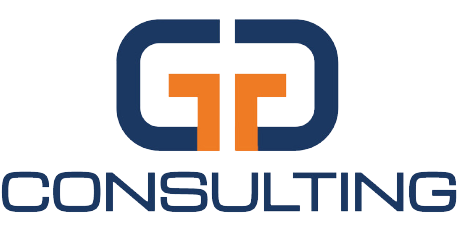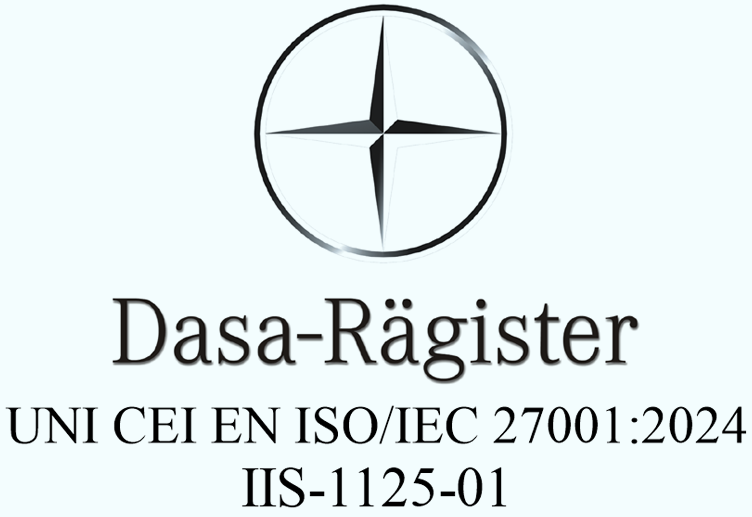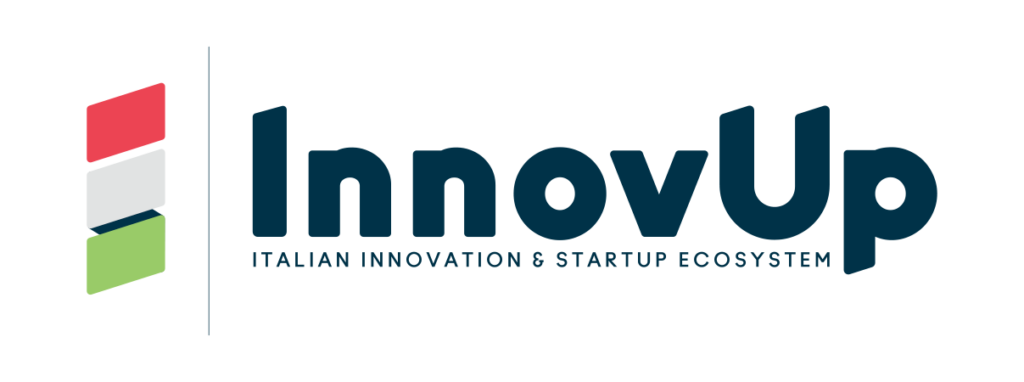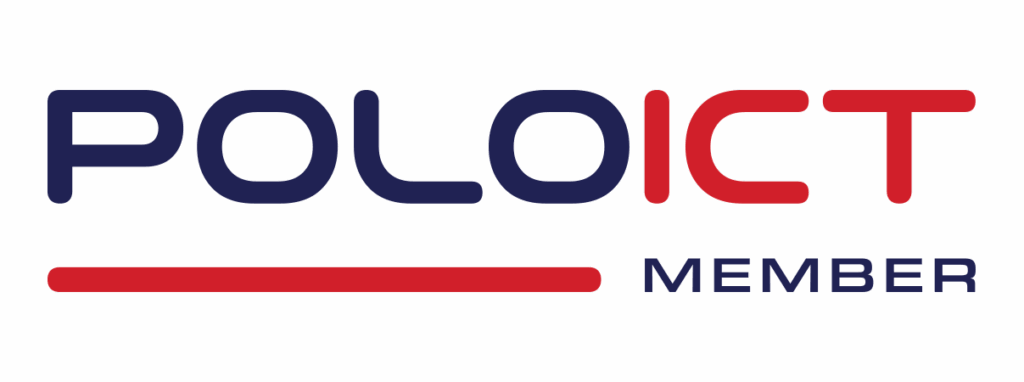Ecco la traduzione in inglese del testo:
Protecting business data is more important than ever, as cyber threats continue to grow. In this scenario, decentralized cloud backup emerges as an innovative solution to safeguard critical files more effectively than traditional backup methods. But what exactly is it? In short, it’s a data backup system that uses a network of distributed servers (instead of a single centralized data center) to ensure backups are always secure, accessible, and protected. Below, we briefly explain how this technology works and explore the practical and security benefits it can offer your business.
What is decentralized cloud backup?
Decentralized cloud backup involves storing backup copies not on a single server or data center, but across a distributed network of independent cloud nodes. In practice, backup files are split and stored in parallel across multiple servers, often located in different geographic regions. This eliminates the traditional “single point of failure”: even if one node in the network has issues, the data remains safe on the others and can still be accessed.
How it works (in a nutshell)
Without diving too deep into technical details, the process includes a few key steps. When you send your data to a decentralized cloud, it is first encrypted end-to-end and then broken into smaller fragments. Multiple copies of these fragments are then distributed and stored on various nodes around the world. No single node ever holds the complete file: only those with the cryptographic keys can reassemble and read the original data. This ensures both privacy (your data is unreadable to those managing the individual nodes) and strong backup reliability, because even if one or more nodes go offline, the remaining fragments still allow the file to be recovered.
Practical and security benefits
Adopting decentralized cloud backup brings many concrete benefits to businesses. Here are some of the main advantages:
- Encryption of sensitive data: Backups are encrypted at the source before being distributed across the network. This means only you (or those you authorize) have the key to decrypt them. Even if someone intercepts a data fragment, it would be unreadable. This encryption, combined with fragmentation, ensures that no node stores usable plain-text information, adding another layer of security.
- Access even in case of failure: If a server or even an entire data center fails, your data remains accessible via the other active nodes. There’s no single point of failure, so local issues will never block access to your business backups. This translates into high information availability at all times, which is crucial for uninterrupted operations.
- Protection from ransomware attacks: Unlike traditional local backups (which could be encrypted or deleted by malware), a decentralized backup is stored off-site and spread across many nodes. Even if on-site systems are hit by ransomware, the cloud backup remains intact and fully recoverable. You can restore files exactly as they were before the attack—no ransom, minimal downtime.
- Resilience through decentralization: Having multiple copies of your data stored across different nodes makes the system highly resistant to hardware failures, natural disasters, or network issues. The redundant and distributed architecture ensures that even if some nodes are lost or temporarily unavailable, your backup remains safe and intact. Even in critical situations like fires or power outages, your data is secure and ready to be recovered.
- Guaranteed operational continuity: Bringing all the above points together, the result is that your business can keep running even in emergency situations. If a cyberattack or disaster renders primary systems inaccessible, you can quickly restore data from the decentralized cloud and keep operations going. This level of continuity minimizes downtime and losses, ensuring that no incident can bring your business to its knees.
Conclusion
Decentralized cloud backup represents a real leap forward in business data protection. This isn’t science fiction—it’s already live and launching through Certiblok, offering companies an innovative and secure way to safeguard their information. So, the real question is: Is your business ready to take the next step in data protection?
Fill out the form below to request the FREE Plan
or the full BUSINESS Plan for 30 days.
Funzioni










